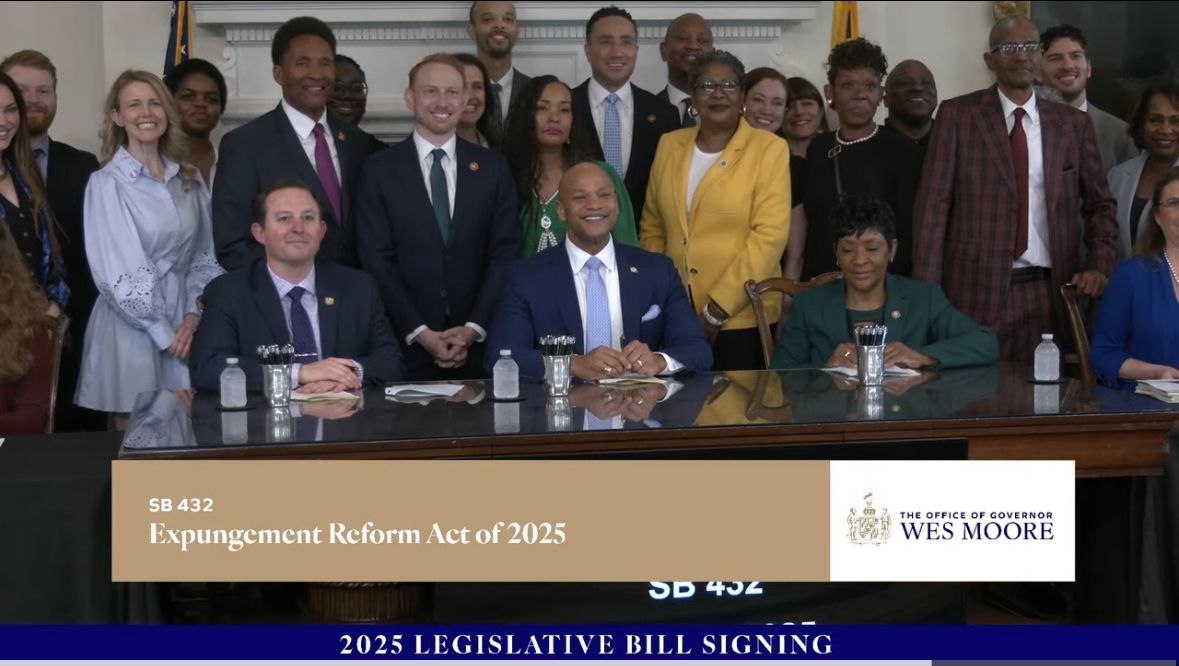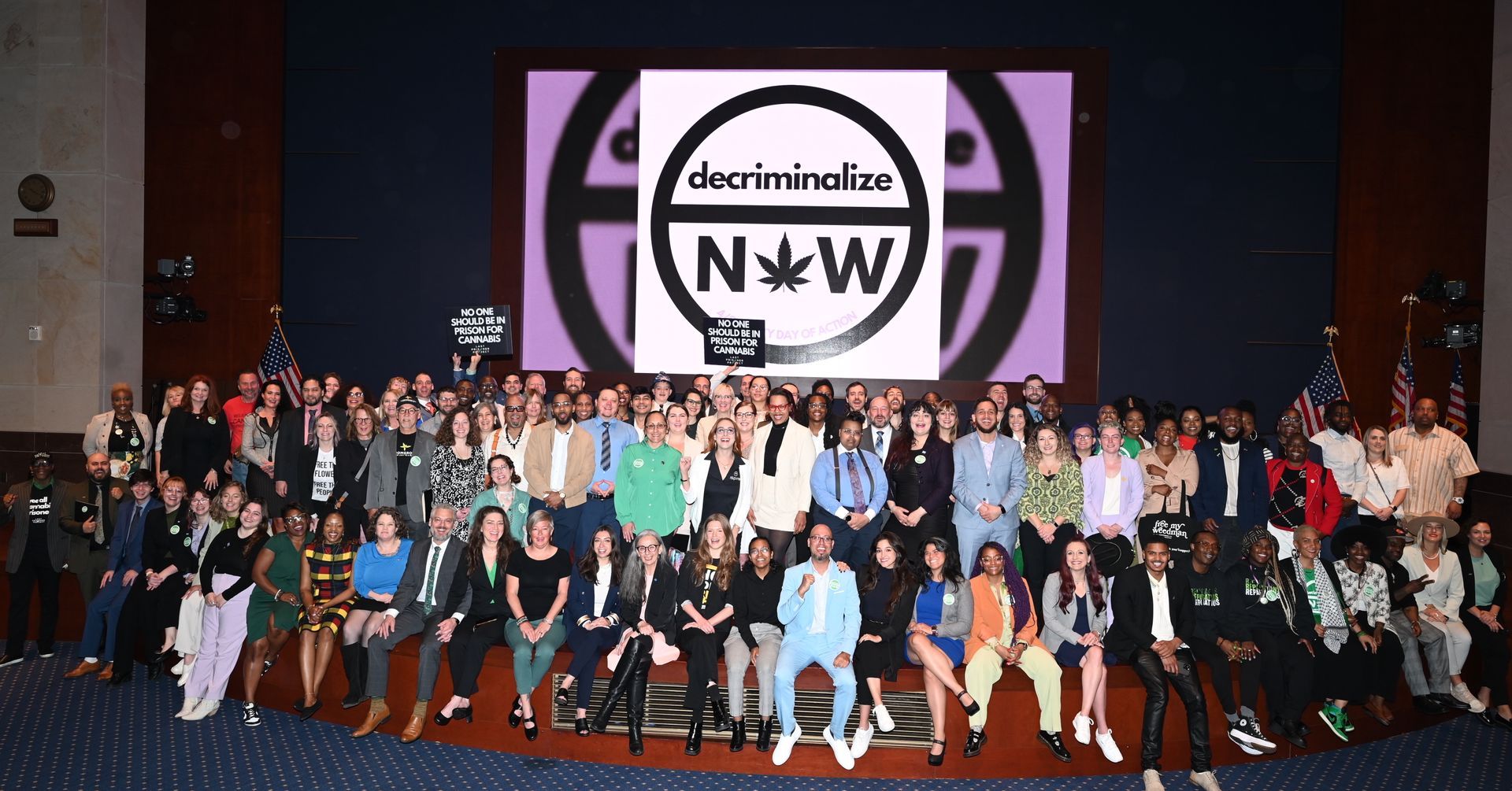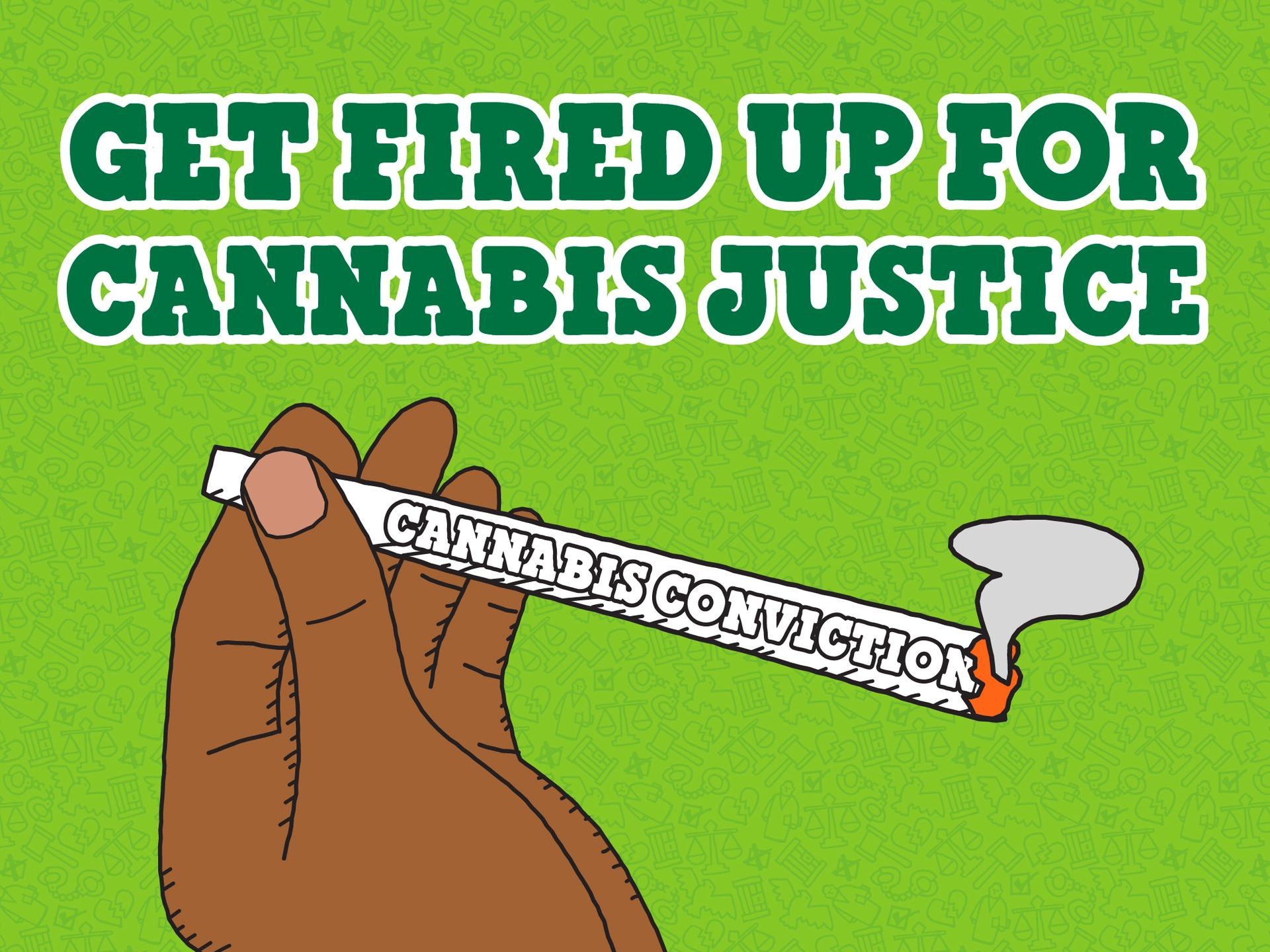With Rescheduling Hearings Now Cancelled, Where Does Trump AG Pam Bondi Stand on Cannabis?
The landscape of cannabis policy in the United States has reached another pivotal moment. Just days after an administrative law judge canceled the first hearings on marijuana rescheduling—effectively delaying reforms for at least three months—Senate confirmation hearings begin for Pam Bondi, the former Florida Attorney General nominated to lead the DOJ under President-elect Donald Trump.
For millions of Americans still burdened by the fallout of cannabis prohibition, these developments raise urgent questions: Where does Bondi stand on cannabis reform? Will her leadership advance justice, or will it further stall critical progress?
The Biden administration's proposal to move marijuana from Schedule I to Schedule III of the Controlled Substances Act was heralded as a significant, albeit imperfect, step toward aligning federal law with state-level cannabis legalization. It represents a chance to ease restrictions on scientific research, expand medical access, and begin dismantling decades of stigma surrounding cannabis.
Yet procedural missteps by the DEA—compounded by allegations of improper communications, selective witness engagement, and ongoing resistance to reform—have derailed this momentum. These hearings, which were meant to weigh evidence and public input, are now postponed indefinitely, with their fate uncertain under new leadership. Since Trump's first pick for DEA pulled out of consideration and there hasn't been a new appointment, that leadership goes where the buck stops, Pam Bondi.
For the Last Prisoner Project (LPP), this delay isn’t just a bureaucratic setback—it’s a human cost. Every day of inaction means thousands of Americans, disproportionately from communities of color, remain incarcerated for cannabis-related offenses. Others grapple with barriers to housing, employment, and education stemming from convictions tied to a substance now legal in some form in the majority of states. While rescheduling is not the solution that would provide this relief, we must continue to leverage this process for justice.
As Florida Attorney General, Bondi gained a reputation for tough-on-crime policies, often doubling down on punitive measures that disproportionately affected vulnerable communities. While she presided over the rise of Florida’s medical cannabis program, she opposed adult-use legalization and largely resisted broader criminal justice reforms.
In her new role, Bondi will oversee the DOJ, including the DEA, and thus inherit the rescheduling process and its controversies. Her approach will be an early litmus test of whether President-elect Trump’s comments in support of legalization and addressing the pernicious and persistent effects of cannabis arrests were merely campaign rhetoric or a genuine pledge to reconcile decades of harm with meaningful progress.
If confirmed, Bondi will have an opportunity—indeed, an obligation—to act decisively for justice and equity:
- Prioritize Clemency: Before we debate where cannabis belongs on the Controlled Substances Act, we must prioritize the release of those unjustly incarcerated for marijuana offenses. LPP has documented thousands of such cases, with lives upended by policies rooted in the now-discredited War on Drugs. Bondi must commit to supporting clemency for these individuals.
- Ensure Fairness in Scheduling: The rescheduling hearings were postponed due to the DEA’s troubling mismanagement of the process. Bondi must ensure fair oversight of the DEA and HHS to mandate a transparent, inclusive, and evidence-driven approach, free from improper influence, to restore public trust and credibility to this critical initiative.
- Champion Comprehensive Reform: Rescheduling is one piece of a larger puzzle. Bondi must work with Congress to decriminalize cannabis at the federal level, expunge past convictions, and ensure equitable access to the legal industry for those most harmed by prohibition. Conflicting federal and state cannabis policies have created confusion, inequity, and missed opportunities for economic growth. The DOJ should foster collaboration rather than conflict between jurisdictions.
While further criminal reforms will still be needed to enact this justice even if fully descheduled, the rescheduling process represents hope—not just for more rational drug policies, but for a future where justice and redemption are possible.
For Bondi, her leadership will determine whether that hope is realized or deferred once again. We call on Pam Bondi to articulate a clear position on cannabis reform during her confirmation hearings. Will she act on behalf of the American people, the majority of whom support legalization? Will she ensure the Department of Justice prioritizes justice, not just enforcement?
Her answers could shape the future of cannabis in America—and determine whether her tenure as attorney general reflects the values of fairness and compassion we so desperately need.
The Last Prisoner Project will continue fighting until no one is behind bars for cannabis, and we will be watching closely. Because this isn’t just about policy—it’s about people.
Learn more about the rescheduling process at www.lastprisonerproject.org/rescheduling.






